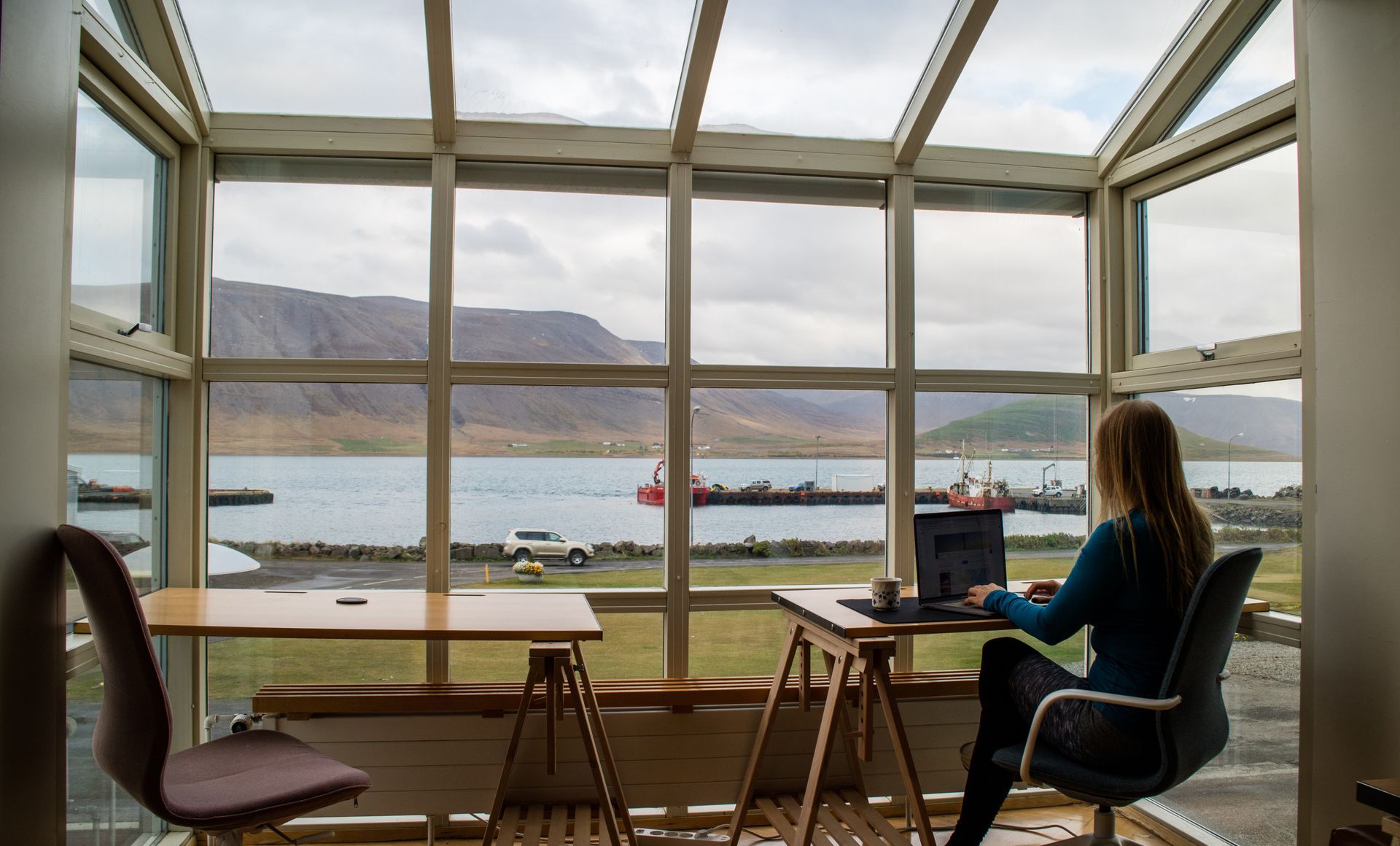Remote working - how to make it work for you.
Remote working - is it still working for us?

With the worst days of the pandemic behind us and the essential need to work remotely a thing of the past, many workplaces and studios are resisting returning to a permanent workspace and have opted to keep remote working as their permanent model. If you're one of those studios, what do you need to know to keep your people engaged and identify well-being issues.
Communication doesn't come naturally to everyone and some organisations are struggling to maintain connection in this remote world, so how can you avoid the communication gap?
Good communication is key to remote working, and keeping up to date with everyone is really important, not just from a project point of view but from a well-being point of view. The picture varies here around ways to manage this with some studios hiring welfare managers and others adopting a daily check in for your team and a regular whole business meeting online, to keep you all in the loop with who works in which areas of the business.
Team leads understanding the milestones and demands to keep the project moving are vital. Often leads are working hard to get the detail right but don't always understand the bigger picture - a little overview of that from time to time will really help with decision making on the ground.
Line management skills are essential here. Good line management is a learnt skill and is there to support their team to thrive at work. In a remote world where you're not having the same social connections and interactions, line managers are prone to making decisions on what they think rather than decisions being made with a wider, evidence based view. When judgements are made in this way it inevitably causes issues, and frictions. Decision making must be made with both the game project plan in mind, and a view about who is doing what and why. Moving people around, for example, because you think they'd be useful elsewhere can affect team engagement but equally may disrupt the development elsewhere. Line managers should have an understanding about how well someone is doing at work and what, if anything, is preventing that individual from thriving. If there are measures the business can take to support an employee who may be struggling, the line manager should be the one to initiate that support with their team member. Looking after everyone is key and when you don't know what's happening issues will fizzle and grow.
Structures still need to be developed and kept to. No matter the stage of your game, without a clear understanding of the skills needed to complete the game and the paths for those roles to grow in, you'll easily fall into the trap of promoting those who you talk to most regularly. This isn't fair and could open you up to discrimination claims and cause all manner of issues that delay your game from shipping. Working with an HR professional to understand what this looks like will pay you dividends across the whole culture of your studio.
Laying and enforcing boundaries around working times is essential. It's so easy to keep working in a remote world, to never switch off and indulge yourself in long hours. But no matter what, that's not healthy for anyone, and quickly leads to burnout. Its a culture wide thing to encourage everyone to switch off, so talk about what you're doing outside of work, when you're off to get the kids from school, what you do at the weekend and leave loudly. When you take a break, this will ripple across everyone and you'll see that others talk about their lives beyond the game. Better still you'll see the game is made at a far higher quality and that's the dream, right?
But what about the actual needs on a day to day basis for your team?
Well, it's good practice to ensure they have the right equipment and certainly, where you can, providing a contribution towards the cost of bills & equipment is suggested.
If you can do regular in person meet ups, that also creates social structures and relationships in a different way to the remote world and can be really powerful for working relationships and engagement. But do a poll to find out who would like to do what, and ensure everyone is included in the decisions, don't select only a few people to get the rewards.
Remote working can be really successful, and done well teams can really thrive but generally speaking we are social creatures (albeit some less than others) so it's really important that we create those social dynamics in the workplace to ensure that the culture is inherently understood and that people feel safe to call out issues and share in the positive connection of your studio. Whilst happiness may seem glib, in fact we know that positivity creates far more resilience and helps us navigate uncertainty*(Uncertainty experts: Sam Conniff and Katherine Templar-Lewis) with much more potency so encouraging your teams to be well, communicate effectively and work within reasonable hours is an investment in the long term future of your studio.